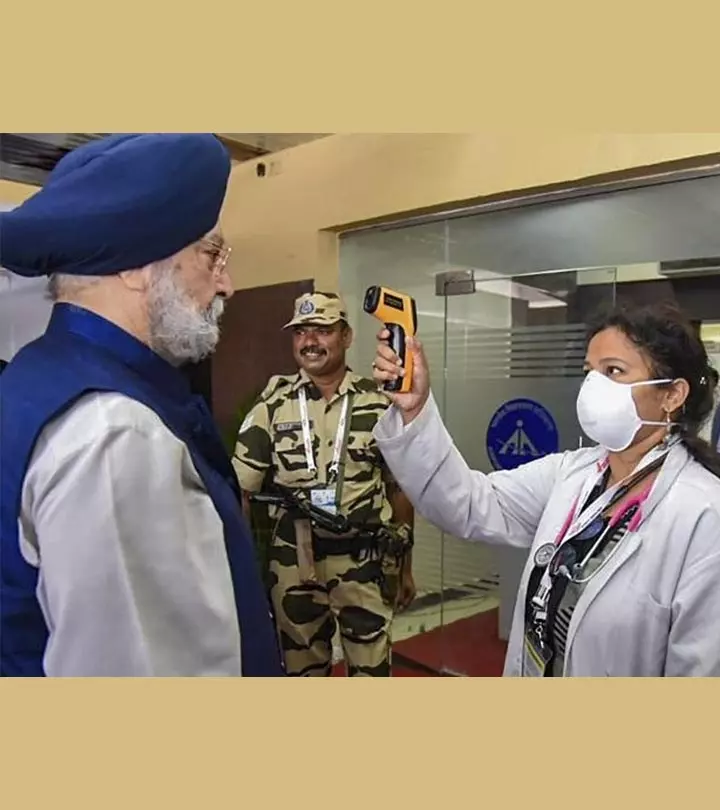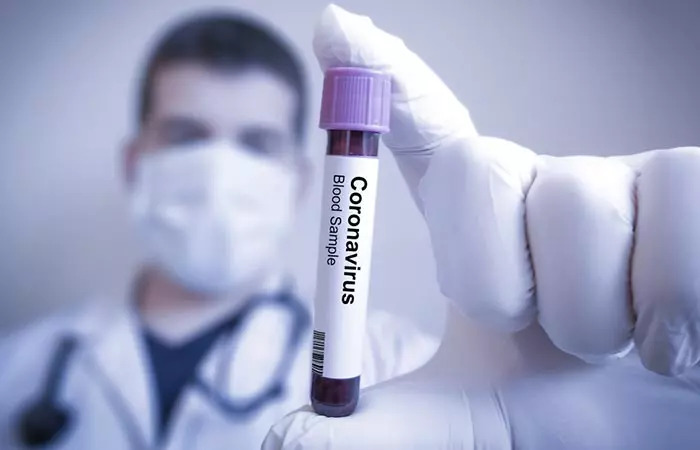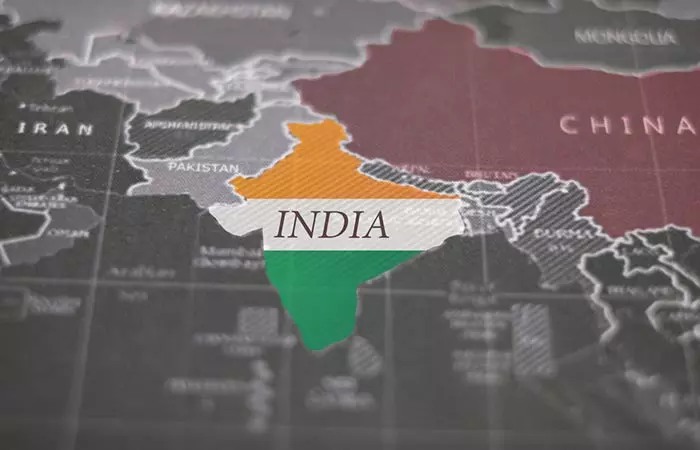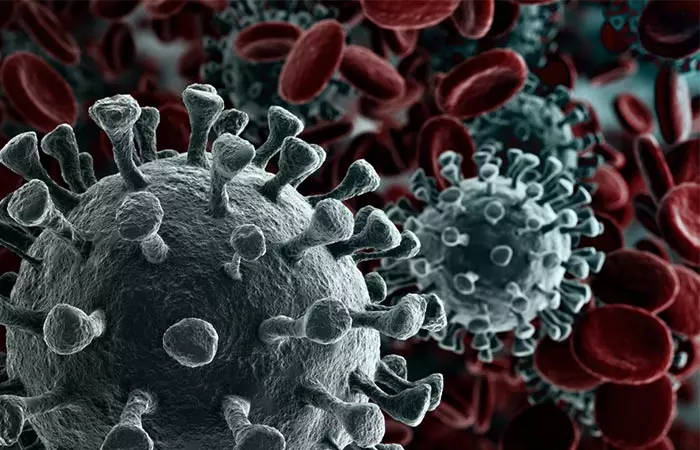WHO: India’s Commitment To Fight Coronavirus Is “Impressive”

As the world battles against time to develop a vaccine for COVID 19, the Indian Council of Medical Research (ICMR) has announced some good news. They have successfully isolated the new strain of Coronavirus. This is the first step in expediting the development of a vaccine and drugs to fight a virus that has taken the lives of almost 8000 people across the globe. On Tuesday, The World Health Organization praised the Government of India for its efforts to contain and combat the virus. Here are some updates from that meeting:
An Exemplary Effort
The meeting was held between the ICMR and the WHO representative to India, Hank Bekedam on Tuesday. During the meeting, Mr. Bekedam praised India’s efforts to curtail the spread of the virus. Last week, The ICMR medical team announced that they had managed to isolate strains of Sars-Cov-2 (COVID-19). Mr. Bekedam believes that India is ahead of the curve due to the efforts of the government. Even the Prime Minister has been making efforts and spreading awareness. Mr. Bekedam admitted to being very impressed by the country’s mobilization efforts. He added, “We have very good research capacity in India and especially at the ICMR and the Department of Health Research. They have been able to isolate the virus, (and) now India will continue to be part of the research community.”
Are We Doing Enough?
As of today, India has 152 confirmed cases of the Coronavirus. This includes three older individuals who passed away due to complications arising from the viral infection. Maharashtra has recorded the highest number of cases at 42, followed by the states of Kerala, Uttar Pradesh, Karnataka and the union territories of Ladakh and Delhi. According to data from the Union Ministry, 14 people have made a complete recovery and have been discharged. This includes three patients from the state of Kerala. As of now, the people who succumbed to the virus were above the age of 60 and had pre-existing health conditions that worsened the situation (1).
According to ICMR, India is still in stage 2 of the pandemic and we have not seen community transmission happening yet. However, many are questioning the validity and authenticity of the figures and believe that the country is not testing enough individuals. The ICMR Director General, Mr. Balram Bhargava said, “There have been no signs of community transmission. Our objective is to avoid indiscriminate testing, reduce panic and optimally utilise the resources, and scale up testing facilities.” ICMR has reportedly conducted a preliminary sample of 500 individuals and all the results came back as negative. The chief epidemiologist at ICMR, RR Gangakhedkar believes that we shouldn’t’ compare our testing strategies with those of other countries. He stated that it had already been established that those countries had already reached stage 3 and that they are constantly keeping a check on and monitoring samples to ensure that it hasn’t spread between communities yet.
Scaling Up
According to news sources, on the 16th of March, ICMR’s 51 laboratories had started testing random samples of those who had acute respiratory illness from intensive care units across the country. “We are also operationalizing two rapid testing laboratories. We are getting the reagents to make them functional and they will be able to test up to 1,400 samples a day. They will be operationalised by the end of this week,” the ICMR director-general said. The director also suggested that they would be trying to rope in private laboratories to test for COVID-19 and suggested that labs accredited by the National Accreditation Board for Testing and Calibration Laboratories (NABL) could be allowed to test for the novel coronavirus. The tests would be provided to individuals for free to encourage people to get tested.
What About Travelers?
On Tuesday, the government started banning the entry of those from the countries like the Philippines, Malaysia, and Afghanistan. This comes after the government placed a ban on those traveling from European Union countries, the UK and Turkey. This is said to be in effect until the 31st of March at least. The government is amping up its efforts to contain the virus since it’s still in Stage 2. As of now those who have been infected have all traveled internationally or are close relatives of those who have traveled internationally.
What Can You Do On Your Part?
As advised by the government, social isolation is the key to surviving the virus unscathed. While those in their 20s and 30s might not suffer painful symptoms and have stronger immunities, the same can’t be said for those who are older. The fatality rate for people over 60 years of age is quite high. That’s why Italy is going through a rough time since it has one of the oldest populations in the world and is thus losing a lot of people to the virus.
For now, the best thing you can do is stock up your home, buy basic medicines for cold/ fevers and avoid going out in public as much as possible. A lot of countries are using self-isolation as a way to combat the virus. If you or someone you know might be sick please isolate yourself until help can be acquired.


















